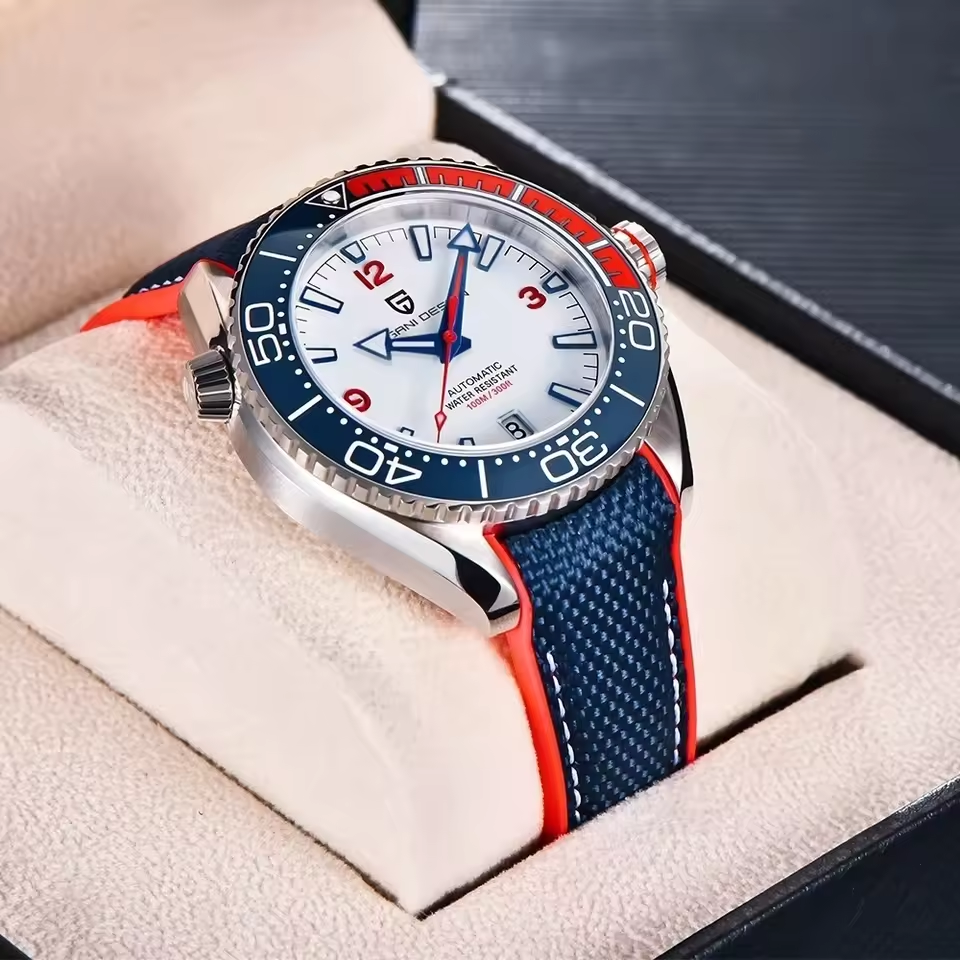In the world of luxury watches, two mechanisms reign supreme: automatic and mechanical. Both offer a timeless elegance and a satisfyingly traditional way to tell time. But for the uninitiated watch enthusiast, understanding the nuances between these two types can be daunting. This guide dives into the intricacies of automatic and mechanical watches, helping you choose the perfect timepiece to suit your style and preferences.
Part 1: Unveiling the Inner Workings
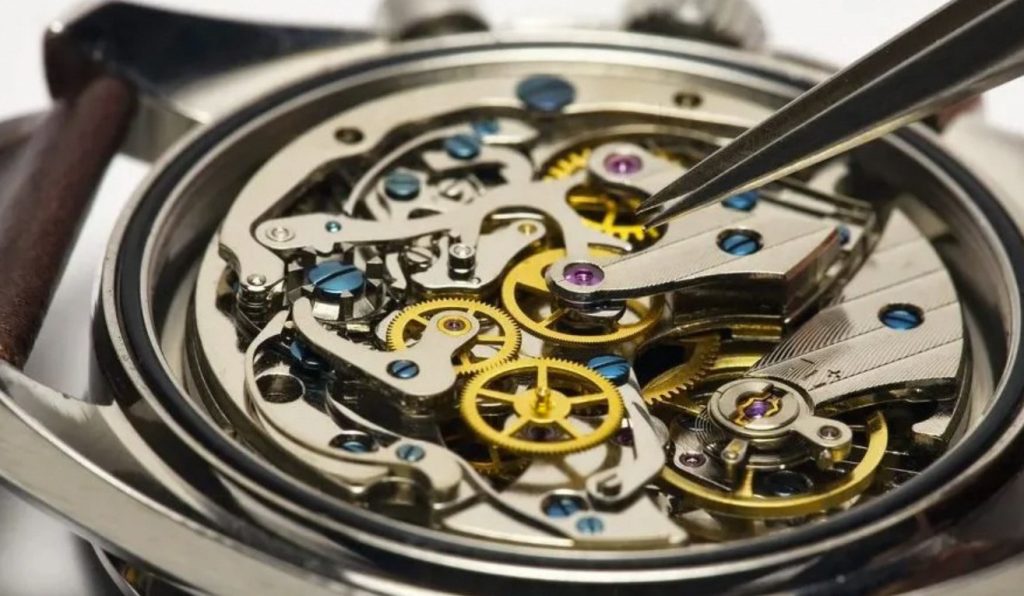
1. Automatic Watches: Self-Winding Wonders
Automatic watches, also known as self-winding watches, are marvels of mechanical engineering. They harness the wearer’s natural movements to power the watch. An internal weight, called a rotor, rotates freely within the watch as you move your wrist. This rotation winds the mainspring, which stores the potential energy that powers the watch’s movement. As long as you wear the watch regularly, an automatic watch will keep ticking without needing manual intervention.
2. Mechanical Watches: A Legacy of Craftsmanship
Mechanical watches, on the other hand, are powered by a mainspring that needs to be wound manually. This is typically done by rotating the crown, a small dial on the side of the watch case. The crown tightens the mainspring, storing energy that gradually unwinds over time, powering the watch’s gears and keeping it ticking. Mechanical watches offer a tactile experience, where the act of winding the crown becomes a daily ritual for some watch enthusiasts.
Part 2: Considering Convenience and Maintenance
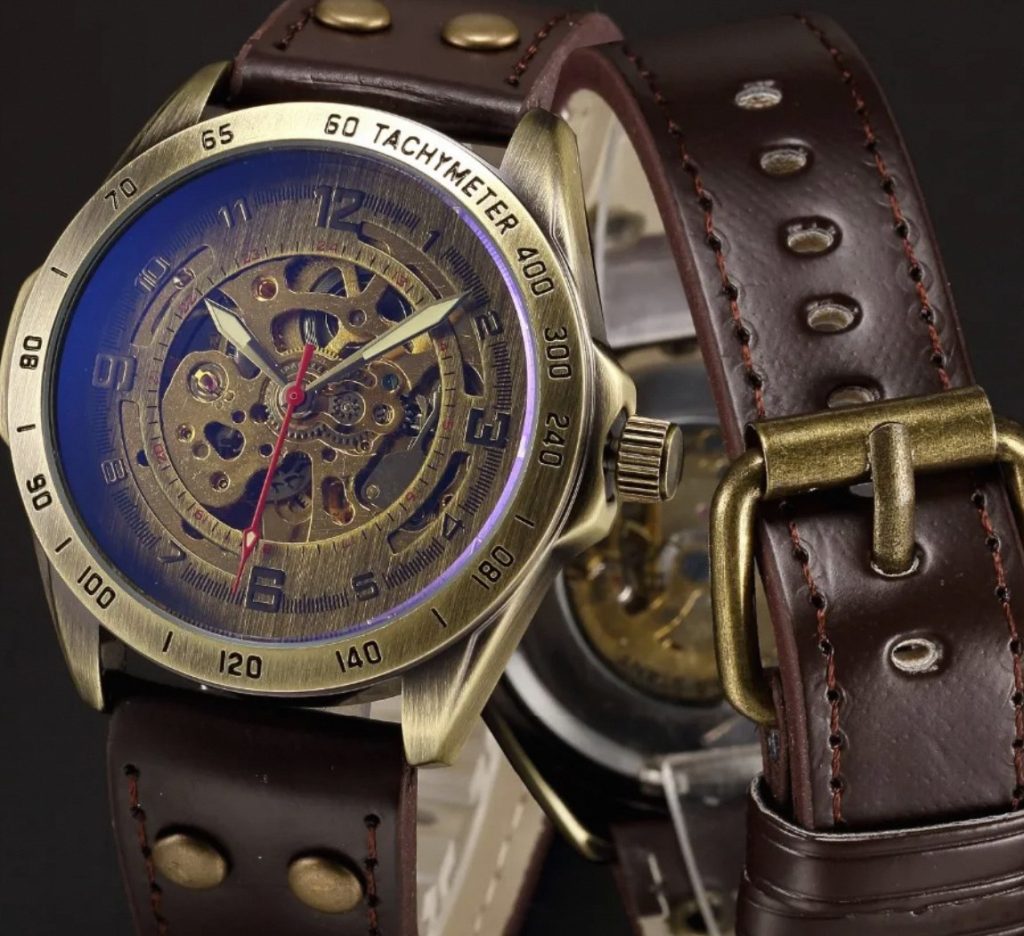
1. Automatic Watches: Less Maintenance, More Convenience
Automatic watches offer a clear advantage in terms of convenience. As long as you wear them regularly, they essentially take care of winding themselves. This eliminates the need to remember to wind the watch manually every day, a task required with mechanical watches. Additionally, most automatic watches come with a power reserve, which indicates how long the watch will continue to run after it’s been removed from your wrist.
2. Mechanical Watches: More Hands-On, Potentially Lower Maintenance Costs
Although automatic watches prioritize convenience, mechanical watches, on the other hand, are surprisingly low maintenance. Their movements are often simpler, containing fewer parts compared to automatics, potentially resulting in lower repair costs in the long run, particularly for vintage mechanical timepieces. However, this benefit is balanced by the fact that mechanical watches require regular winding to keep them operational. These frequent winding requirements, while not overly laborious, are a small trade-off for the simplicity and lower maintenance costs associated with mechanical watches. The reduced number of components in mechanical movements can enhance their reliability and longevity, making them an appealing option for those seeking a timepiece that offers enduring performance with minimal maintenance requirements. Therefore, the choice between automatic and mechanical watches ultimately hinges on individual preferences for convenience, long-term maintenance considerations, and the amount of involvement one desires in the functioning of their timepiece.
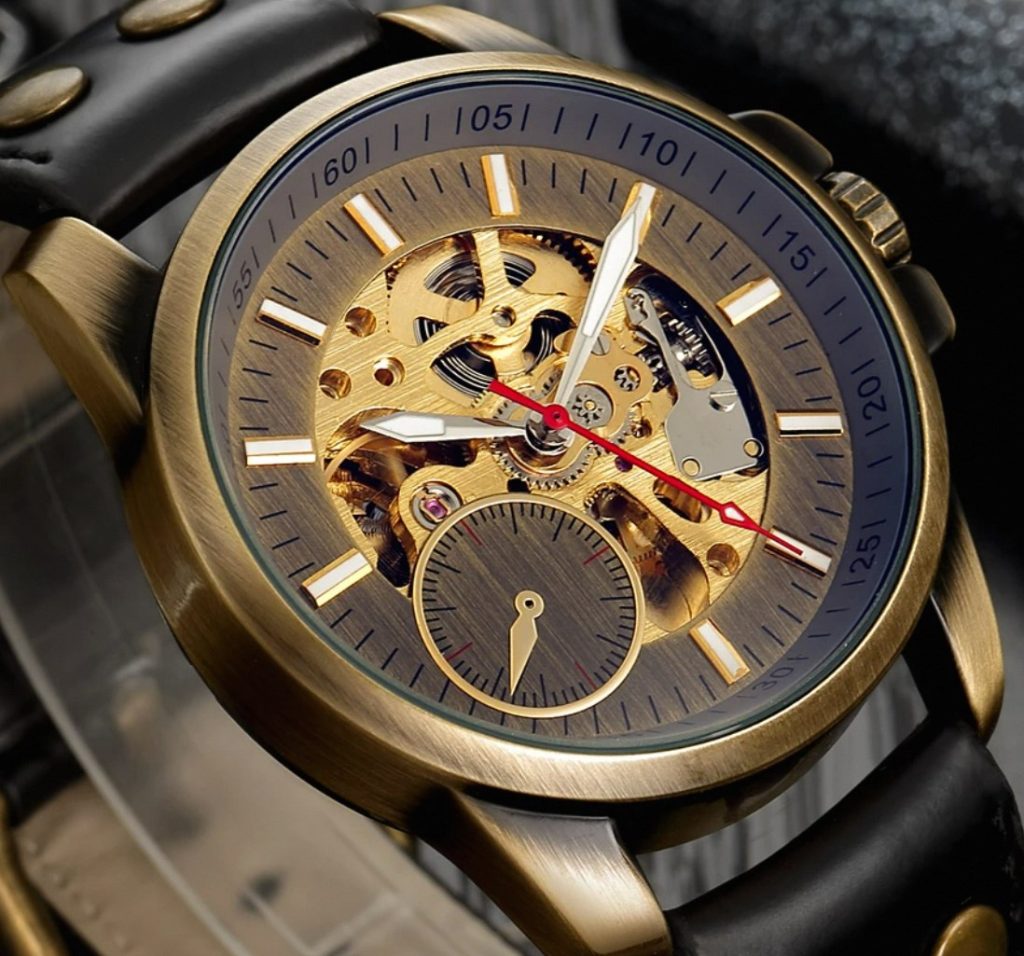
Part 3: Accuracy and Lifestyle Compatibility
1. Automatic Watches: Potential for Slight Fluctuations
Automatic watches are often viewed as slightly less accurate compared to their mechanical counterparts. The continuous movement of the rotor in automatic watches can introduce minor variations in the timekeeping of the watch. However, for the majority of everyday purposes, these small variations are typically negligible and do not significantly impact the overall functionality of the watch. If precision timekeeping is of utmost importance, especially in professional or formal settings, a high-quality mechanical watch might be a better choice due to their consistent and accurate timekeeping abilities. For individuals who place particular emphasis on precise timekeeping, such as professionals who rely on accurate timekeeping for their work or specific activities, the superior precision of a high-quality mechanical watch can provide the reassurance and reliability desired for their timekeeping needs.
2. Mechanical Watches: Ideal for Regular Winders
If you are someone who doesn’t wear the same watch every day, a mechanical watch might be more suitable due to its characteristics. Unlike automatic watches, mechanical watches do not rely on constant movement for power. Therefore, you can wind a mechanical watch before wearing it, allowing it to function accurately within its designated power reserve, offering greater flexibility for occasional wear. In contrast, automatic watches may stop if not worn regularly, as they rely on the natural motion of the wearer’s wrist to keep them powered. In such cases, they may require manual winding to get them going again. This distinction makes a mechanical watch a practical choice for individuals who have a collection of timepieces and wish to rotate them, ensuring that each watch remains operational without the need for daily wear or reliance on wrist movement for power.
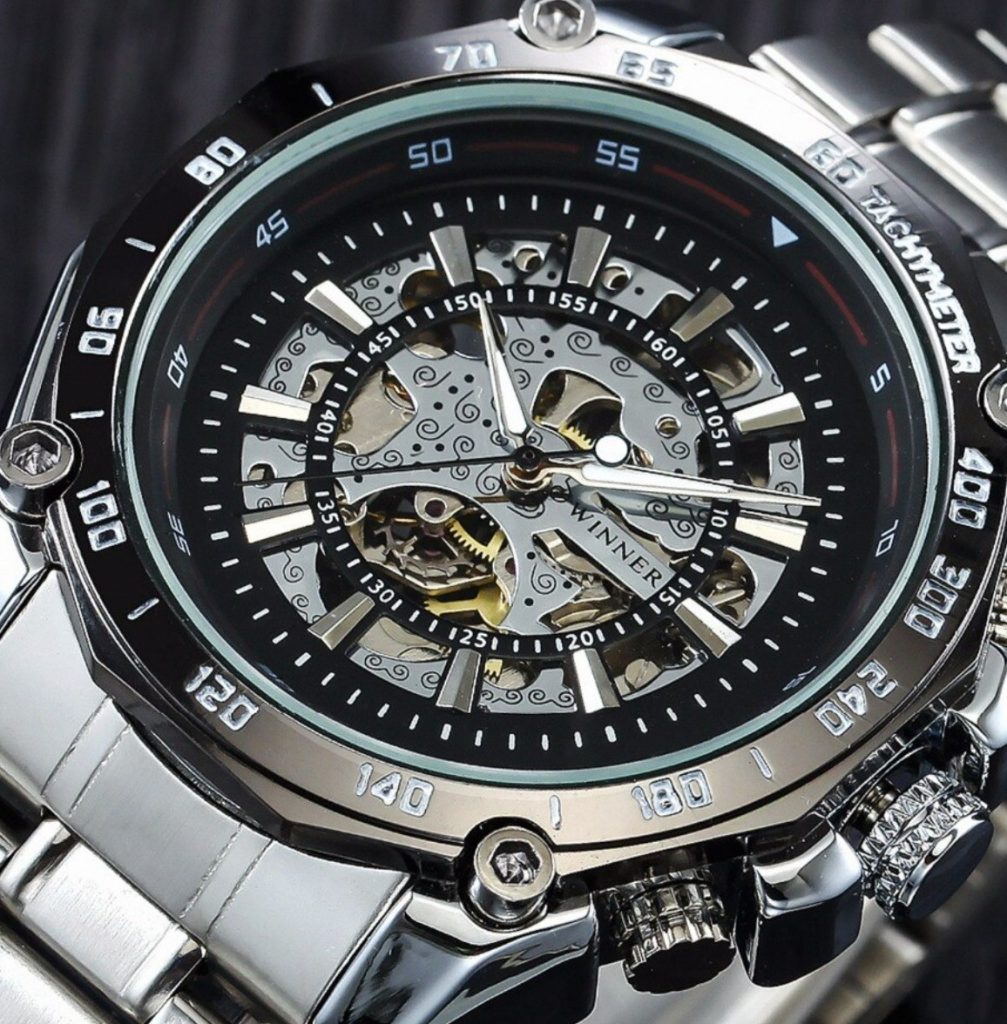
Part 4: Choosing the Right Watch for You
1. Consider Your Lifestyle and Needs:
The decision between selecting an automatic or mechanical watch ultimately hinges on your lifestyle and personal preferences. If you prioritize convenience and wear your watch regularly, an automatic watch may be the most suitable option. With its self-winding mechanism, an automatic watch eliminates the need for manual winding, making it a practical choice for daily wear. On the other hand, if you value a more traditional experience and appreciate the ritual of manually winding your timepiece, a mechanical watch offers a timeless and classic appeal. The intricate craftsmanship and the connection with the watch through manual winding can be part of the allure of owning a mechanical watch. Ultimately, whether you opt for an automatic or mechanical watch, both offer their own unique charm and appeal, and the decision should align with your individual lifestyle, preferences, and the experience you seek from your timepiece.
2. Explore Within Your Budget:

Both automatic and mechanical watches can range in price from affordable to luxury. Within your budget, you can find a well-crafted timepiece from a reputable brand, regardless of the chosen mechanism. Exploring the vast array of styles and functionalities available in both automatic and mechanical categories allows you to find a watch that perfectly complements your taste and personality.
By understanding the mechanisms, maintenance needs, and suitability for your lifestyle, you can navigate the world of automatic and mechanical watches with confidence. Whether you choose the self-winding wonder of an automatic or the traditional elegance of a mechanical timepiece, you’ll be acquiring a watch that goes beyond mere function – it becomes a cherished companion and a timeless statement piece.
